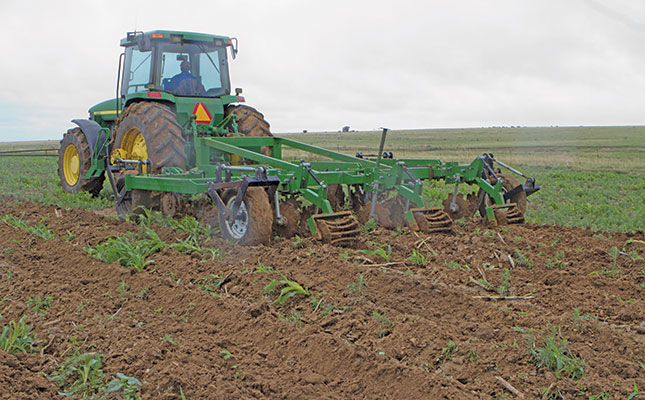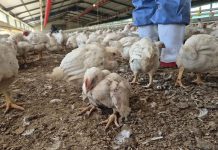
Photo: FW Archive
There has been guarded optimism from stakeholders in the South African agriculture industry following government’s decision to reduce the basic fuel levy by R1,50/l for the next two months, while more permanent interventions were being put in place.
However, Jaco Minnaar, president of Agri SA, told Farmer’s Weekly that although this reduction would help, it was only a drop in the ocean.
“Off course this will bring more relief to farming [sectors] that make greater use of transport, but we have to realise that this is merely a temporary measure,” he said.
According to Hugo Pienaar, chief economist at Stellenbosch University’s Bureau for Economic Research, farmers needed to realise that this announcement only meant that the April fuel price increase would be R1,50/l lower than previously anticipated.
“Based on the oil price [as at 31 March], there was a R3/l under-recovery of fuel prices in March,” he told Farmer’s Weekly.
“In other words, where we were expecting a fuel price increase of around R3/l [in April]; we can now expect it to rise by R1,50/l less [than anticipated].”
Pienaar also stressed that R1,50 would likely again be added to fuel prices in June.
Paul Makube, senior agricultural economist at FNB Agri-Business, told Farmer’s Weekly that he welcomed the announcement, saying it helped to curtail the current spike in input costs experienced by agriculture and other sectors of the economy.
“The fuel price reduction will, in particular, benefit farmers who are readying themselves for the onset of the winter crop plantings and the harvesting of summer grains and oilseeds, which would consume a lot of fuel,” Makube said.
At the time of publishing, the fuel prices for April had not yet been announced.
The National Treasury and Department of Mineral Resources and Energy announced on Thursday, 31 March that the reduction in the basic fuel levy would come into effect from Wednesday, 6 April and continue until Tuesday, 31 May.
This would result in a reduction of the general fuel levy from R3,85/l to R2,35/l for petrol, and from R3,70/l to R2,20/l for diesel for a period of two months.
According to a statement released by the two departments, this step had been taken in light of the escalating oil price as the global economy recovered from COVID-19-related restrictions, as well as the current Russia-Ukraine conflict.
“This has placed significant pressure on domestic fuel prices,” the statement said.
The National Treasury estimated that the partial reduction in the fuel levy would cost government around R6 billion in foregone tax revenue for the next two months.
However, Minister of Mineral Resources and Energy Gwede Mantashe proposed that the lost tax revenue be recouped through the sale of strategic crude oil reserves held by the Strategic Fuel Fund, a subsidiary of the Central Energy Fund.
It was estimated that about R6 billion could be raised through this sale.
The combined effect of these two measures would not have an impact on the fiscal framework adopted by Parliament following the announcement of the 2022 Budget, the statement added.










